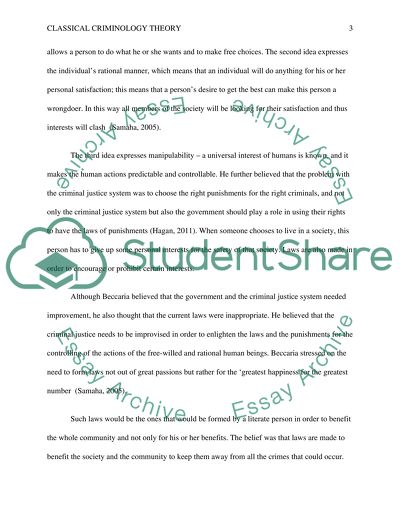Cite this document
(“Classical Criminology Theory Research Paper Example | Topics and Well Written Essays - 2000 words”, n.d.)
Retrieved from https://studentshare.org/law/1601207-classical-criminology-theory
Retrieved from https://studentshare.org/law/1601207-classical-criminology-theory
(Classical Criminology Theory Research Paper Example | Topics and Well Written Essays - 2000 Words)
https://studentshare.org/law/1601207-classical-criminology-theory.
https://studentshare.org/law/1601207-classical-criminology-theory.
“Classical Criminology Theory Research Paper Example | Topics and Well Written Essays - 2000 Words”, n.d. https://studentshare.org/law/1601207-classical-criminology-theory.


